How to Sell My Hurricane or Flood Damaged House in Florida
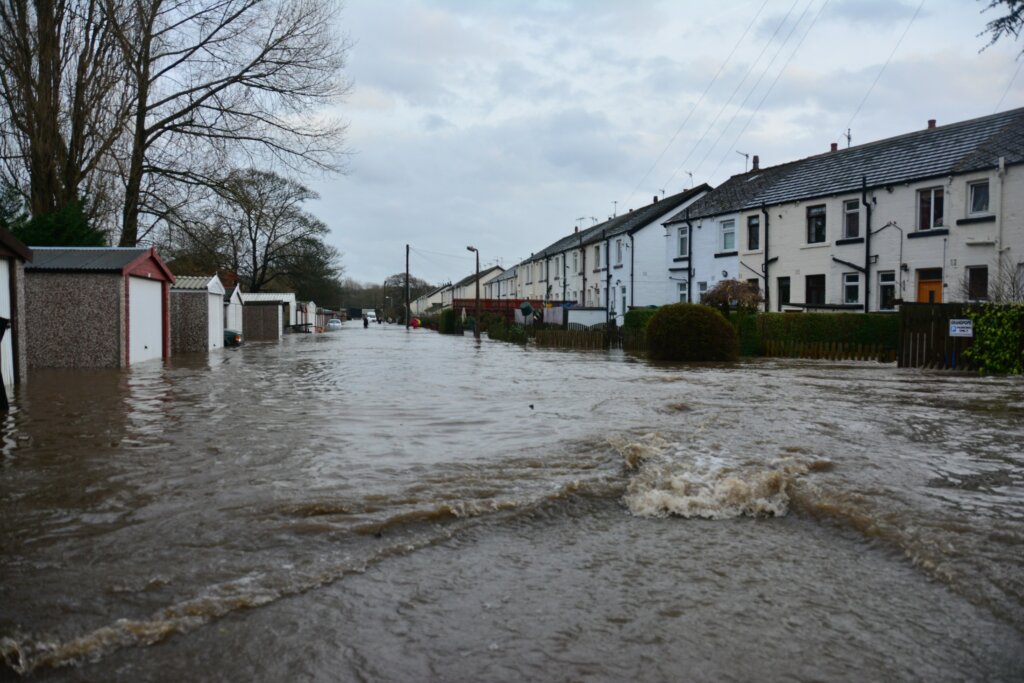
The beaches, the weather, the laidback atmosphere — there are many reasons why more and more people continue to call Florida home.
Of the 11 million households in the Sunshine State, only 13% have flood insurance. With nearly 100 hurricanes and tropical storms hitting the state since 2000, that’s a big problem. Hurricane and flood damage can wreak havoc on not just a home but on the lives of those who own it. A home is typically the largest investment one will make in their entire life. Natural disasters and flood damage can make an impact that is sometimes hard to recover from.
Sometimes, you may need to sell, and though challenging, there are ways to make sure it happens successfully. Here’s how to sell my hurricane or flood-damaged house in Florida.
First, Know That It’s Relatively Common
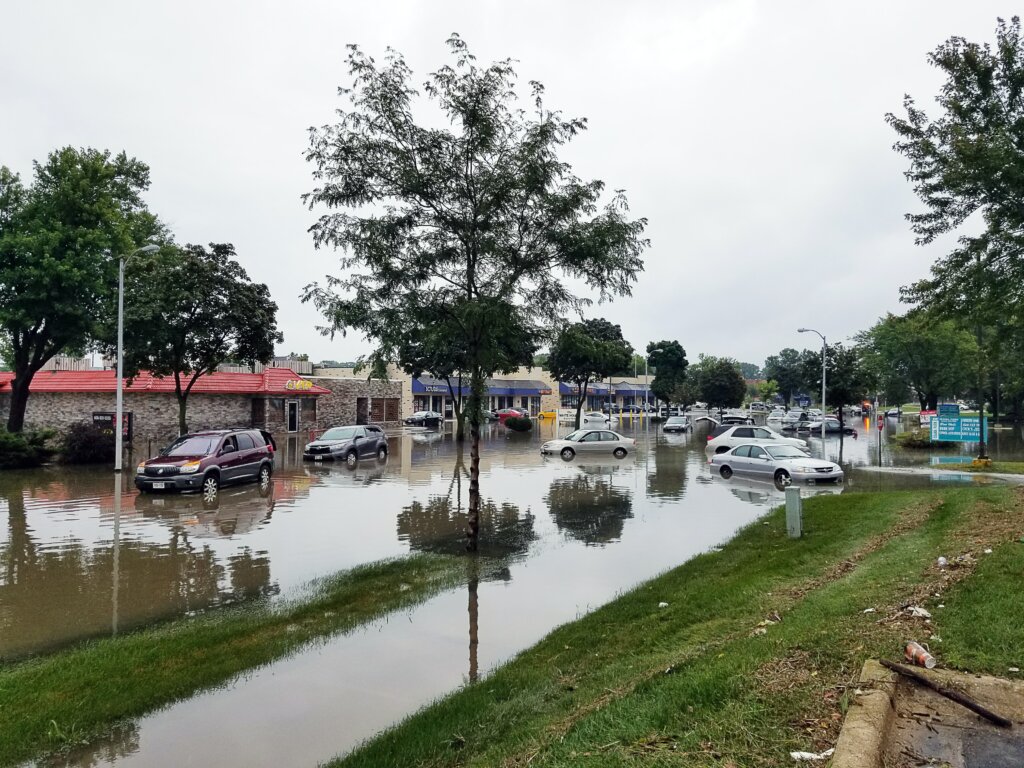
You’re not the only one asking how to sell your hurricane or flood-damaged house in Florida. All homes on coasts are vulnerable to flooding from hurricanes or heavy rain and wind.
It’s not just Florida communities that are at risk. Many of the homes damaged by flooding are situated in low or moderate flood areas. In the United States, about 1 in 10 homes face a risk of flood damage.
So if you’re fretting about how to sell a hurricane or flood-damaged house in Florida, there is a steady market for those types of homes. And if you take a few extra steps before you sell your flood-damaged house, it will set you up for fast success.
Get Cash Offer Now! (904)878-2473
Selling a Flood-Damaged House Requires Remediation
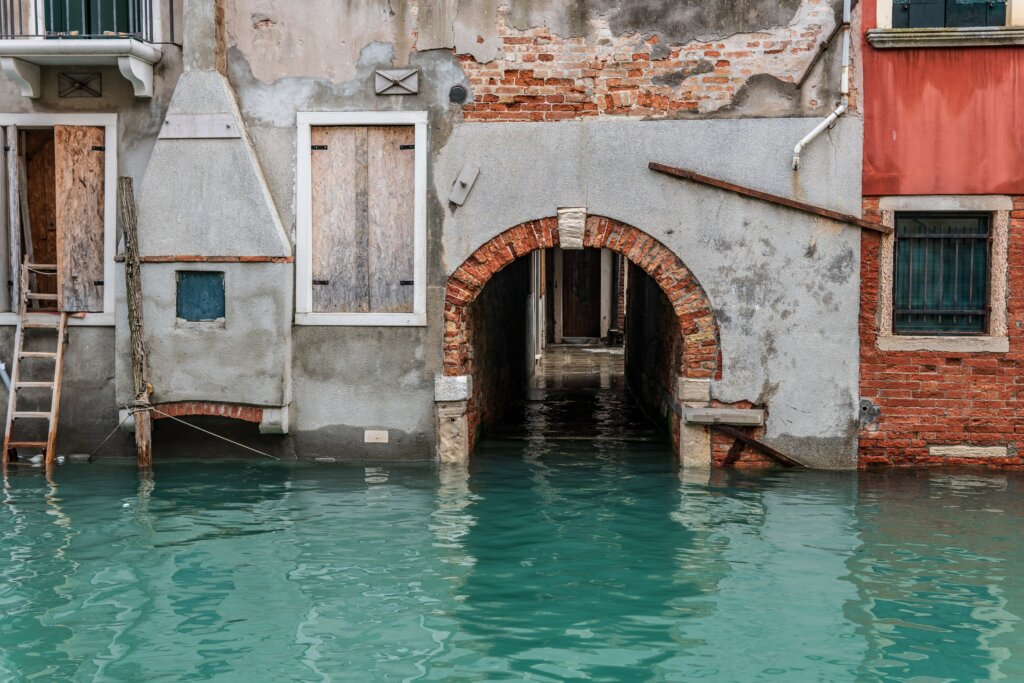
The top thing on your list of how to sell my hurricane or flood-damaged house in Florida is taking quick action after a hurricane or flood event.
Experts recommend shutting off your electricity (which you should do before a hurricane or flood anyway) and waiting to turn back on the HVAC system until it has been inspected. Some other basics steps when you’re getting ready to sell your flood-damaged home:
- Take photos and videos of all the damage
- Eliminate standing water (sometimes that requires the work of a professional and specialized equipment)
- Dehumidify your home to stop the growth and spread of bacteria and mold.
You should also clean all of your home’s hard surfaces, such as flooring, wall, appliances, and anything else that was impacted by floodwater.
Talk With Your Insurance Agent
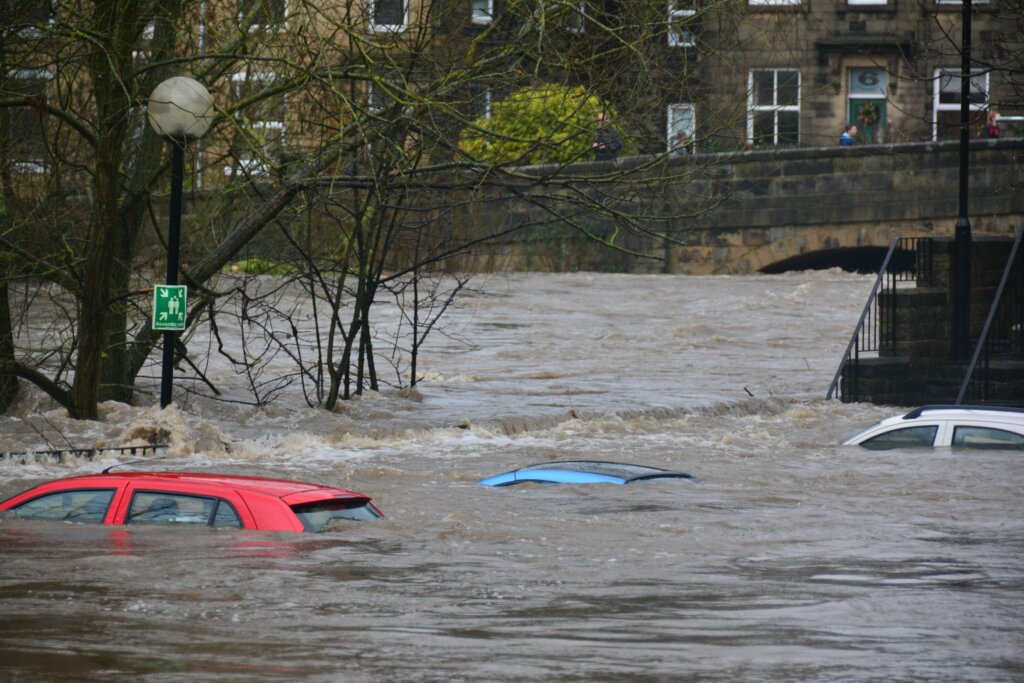
There’s a reason to document all of your damage. While your home’s value may decrease after a hurricane or flood damage, it’s important to get in touch with your insurance company right away to talk over the damage and what repairs are covered.
When it comes to repairs, you should at least address what it needs to make it safe to live in.
Many homeowners have to make various types of repairs before selling their home, and those dealing with how to sell my hurricane or flood-damaged house in Florida will likely have to fix up their home more before putting it on the market. Your insurance agent will help you sort everything out before listing.
Explore Your Options
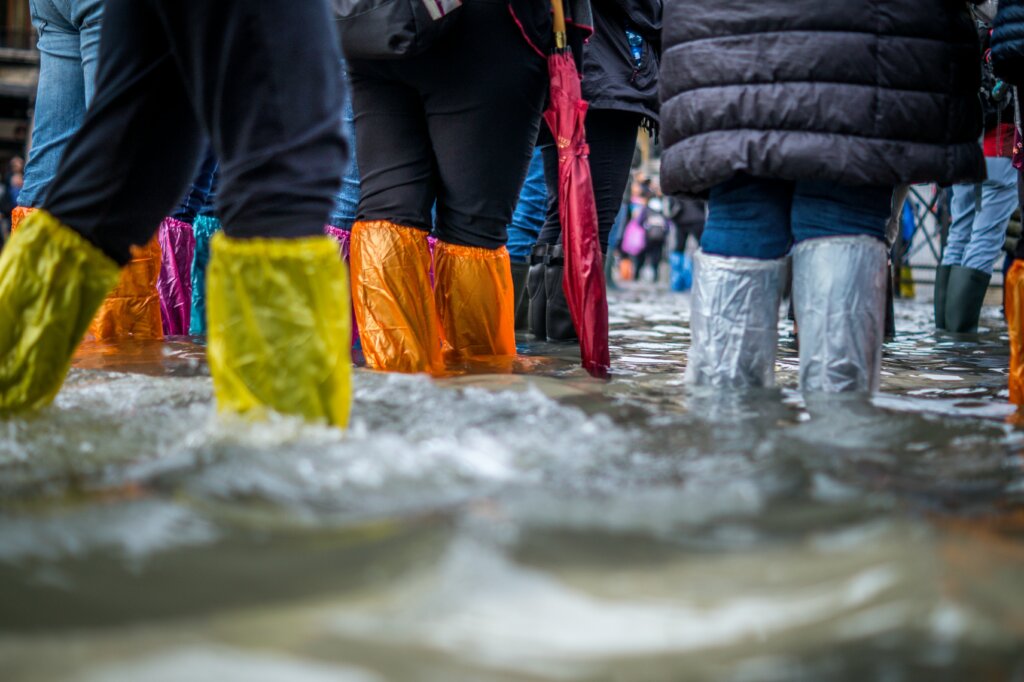
Going with a realtor isn’t the only way to sell your home, especially after flood or hurricane damage. Many businesses in Florida specialize in selling a home in Florida that has been damaged or is repaired after damage.
Professional homebuyers make a living making offers on homes like yours to either fix up and flip for a profit or sell as-is. Not all will make the same offer — and all most definitely do not have stellar reputations. Do your homework, ask around for suggestions and meet with several home-buying companies before deciding to go that alternative route.
Going with a cash-offer company may be the best option for those who either don’t wish to make repairs, don’t have money to make repairs, or just want to sell quicker and more easily than going the traditional route.
And Maybe Wait Awhile
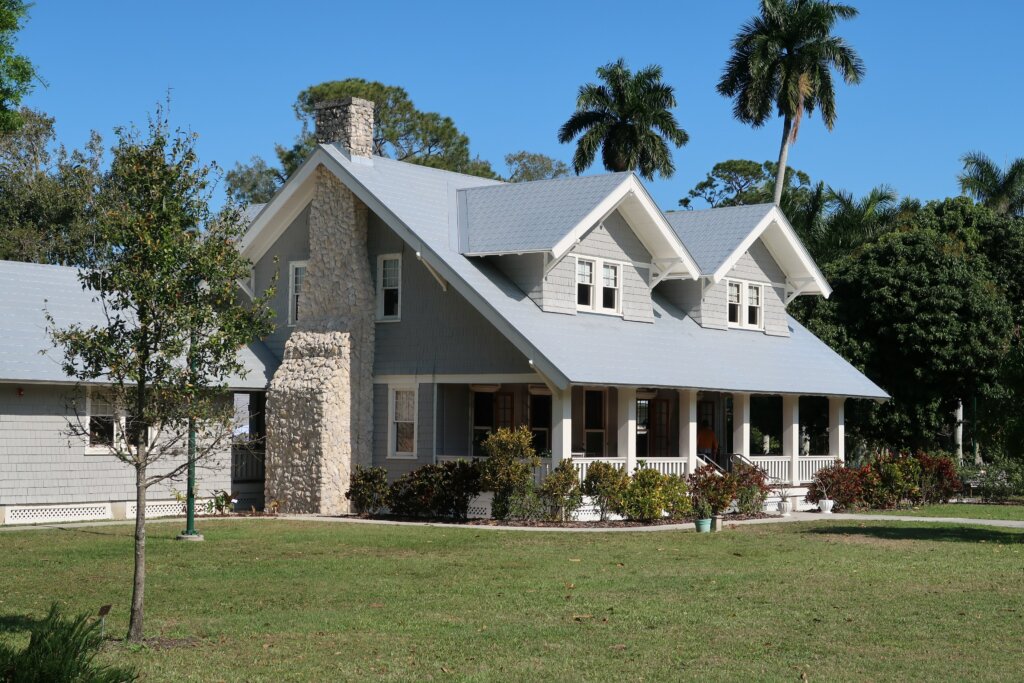
When asked how to sell my hurricane or flood-damaged home, many real estate experts recommend holding off. Not putting your home immediately on the market will let you take the time you need to get your home back in shape.
It even gives you a possible window to make some design improvements, change up finishes and address clutter that will make your home worth more in the long run.
Decluttering can give you a 300% return on a home-improvement investment, according to a National Home Improvement survey.
Consider Disclosing the Damage
Every state is different when it comes to the disclosures home sellers need to make to buyers. In Florida, one of the most flood-prone states, flood disclosure is not required when selling. There is an ongoing movement to change the law or have national agencies provide that information to consumers. Additionally, there are even some real estate agents who recommend disclosing the prior damage anyway.
Many buyers in Florida come in skeptical about flood and hurricane damage anyway, and if you reveal the truth but have a home that has been successfully remolded and repaired after a flood, buyers may be impressed, trust you more, and go forward with a deal.
Prepare Yourself For Less Than What You Expect

Whether you do repairs or not, or go through an all-cash buyer or real estate agent, the price of your home damaged by flooding will likely take a hit. Some agents report seeing between a 20% to 30% value reduction. In Florida, any price reduction also depends on whether your home is in an area particularly prone to flooding. Sometimes, a hurricane strikes an area that rarely experiences natural disasters or flooding. The extent of the damage matters, too.
Hurricane damage can include roof and exterior damage but not flooding. Flood damage can mean a minimal amount of water actually got into the home itself. In other words, no natural disasters are ever the same — and no type of home damage is ever the same as well.
Contact Us
We would love to hear from you! Please fill out this form and we will get in touch with you shortly.

